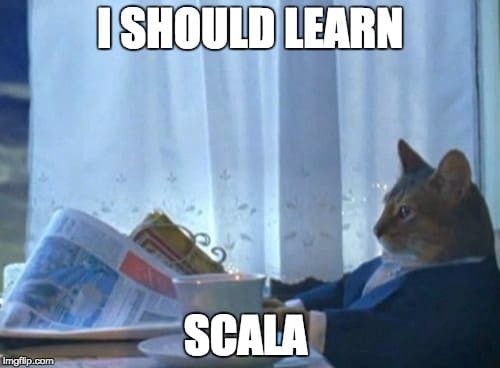How do you manage knowledge you gain from reading?
Often I read articles from different industry practitioners & company blogs. While reading, I usually highlight & take notes. But organizing them in a way that groups similar together & makes the article easily searchable for future reference is pretty hard.
I'm curious, what's a good practice you guys follow? What kind of tools do you use for it?
Discussion
(6 comments)- 1093 years agoAlex ChiouTech Lead @ Robinhood, Meta, Course Hero
Coming from a different angle compared to the original question and responses, the best way to retain information from my experience is to actually get it out there and apply it. I have 2 trains of thought around how to do that:
- Actually use it - This is super powerful, and you should try it if the information is more tactical and applicable (e.g. "The key to a project update is to include a tldr; at the top"). When it comes to coding-related advice, I use side projects to try it immediately. I remember reading a great blog post from Square that recommended organizing your code packages by feature module (e.g. onboarding, list creation) as opposed to component type (e.g. view controller, model). Within a few days, I refactored an entire side project to follow that suggestion and I loved how much cleaner it was. I now do this with every project I make, and I never had to write this concept down. By trying it and seeing the results, this core engineering concept is now burned into my mind forever.
- Surface it in a discussion - This is for concepts that are harder to try out in isolation, but it can also be done in addendum to #1 (i.e. you apply it to a side project and see if you can spread it to work). The most aggressive forum is to share it in a team meeting (e.g. "I read this blog post about how Robinhood modularized their app to increase build speed, what do you all think about finally breaking up our monolith?"). If it's not appropriate for a team setting, you can also discuss it in your manager 1 on 1, which should leave a paper trail in your meeting notes.
The average retention rate of information you extract from reading is around 20%. Writing things down and organizing it will help for sure, but I think to really achieve results (i.e. >80% chance of retention), you have to actively engage with the information somehow.
- 213 years agoJoshua YuEngineering Manager at Blend
I definitely echo some of the things that were already mentioned:
- Notion app (obsidian is pretty good too)
- Practice/apply what you learn
Another way that I've recently found helpful in retaining knowledge is creating content (e.g. LinkedIn posts) based on the things that I'm reading, listening, watching. The process forces you to 1) synthesize what you're consuming and 2) articulate it into your own words.
- 163 years agoTouseef LiaqatEx @Meta @Microsoft, Founder Algolab
I recommend looking at Notion if you are not using it already.
It has decent UX and search functionality. I use the chrome extension and mobile app to send content to it. Once a week, I clean and reorganize things in it.I have heard great things about https://www.buildingasecondbrain.com/ but haven't done this course myself.
- 14
 3 years agoSiddhartha SahaiMid-Level Software Engineer at Adobe
3 years agoSiddhartha SahaiMid-Level Software Engineer at AdobeHere's an interesting workflow with multiple tools, that I am trying to adopt slowly: https://www.youtube.com/watch?v=47ARX-6srGk
- 7
 3 years agoMichael LeeStartup Engineer
3 years agoMichael LeeStartup EngineerI second Notion. I extensively use it for notes, data tables, and bookmarking webpages (web clipping). I especially like using its AI feature to improve my writing.
- 12 years agoDan TranMid-Level Software Engineer [SDE 2] at Amazon
Just add other softwares I used to keep notes and build a second brain:
- Org Roam: a plugin in emacs that organize notes in org format
- Anytype: https://anytype.io a simplified replacement for Notion with local first features.